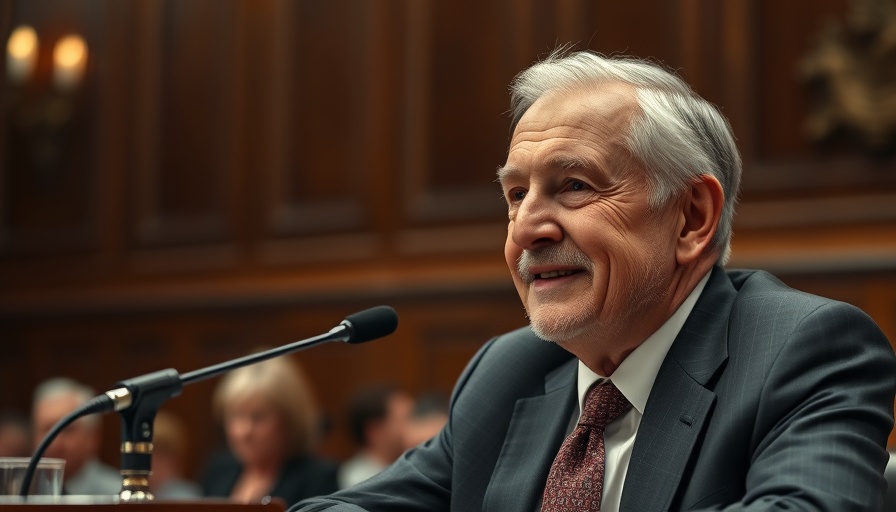
Jerome Powell: A Pillar of Independence at the Fed
Jerome Powell, the Chairman of the Federal Reserve, has made a name for himself as a steadfast leader who prioritizes the autonomy of the central bank over personal ambitions. His fierce dedication was vividly displayed during 2019, amidst pressure from former President Donald Trump to lower interest rates rapidly. Powell’s determination to see his term through is emblematic of his commitment to the institution's independence and the economic stability it promotes.
Historical Context: Tough Times at the Fed
The years when Powell took charge were rife with economic challenges. The pressure from Trump highlighted the historical tension between politics and the Federal Reserve’s mandate. Powell maintained that unless there was a severe tragedy or unexpected circumstance, he would not cede his position voluntarily. This unwavering stance underlines a broader trend of resistance to political interference in financial governance, especially as central banks grapple with the implications of monetary policy on everyday lives.
The Current Economic Climate: Lessons from 2019
As economic uncertainties loom in the current landscape—similar to those faced in 2019—business professionals must take note of Powell’s resilience. His ability to navigate these challenges without sacrificing independence can serve as a critical blueprint for leaders in various sectors. Just like the Fed must balance inflation and employment, businesses are challenged to innovate while adhering to regulatory parameters and market demands.
Why Independence Matters for Business Leaders
For business professionals, understanding the implications of Powell's firm leadership is vital. The independence of central banking plays a pivotal role in shaping economic policies that affect business growth, employment trends, and investment opportunities. Companies should take cues from Powell’s commitment to resist external pressures, encouraging their own leadership teams to prioritize sound decision-making based on long-term strategies rather than short-term political gains.
The Path Forward: Organizational Resilience
As we look ahead, companies facing pressures—whether from investors or market forces—may find inspiration in Powell's story. Emphasizing governance, transparency, and long-term vision not only strengthens organizational resilience but also cultivates trust within the marketplace. Leaders should foster environments where such principles are upheld, ensuring they remain focused and united in their mission amid external turbulence.
 Add Row
Add Row  Add
Add 



Write A Comment